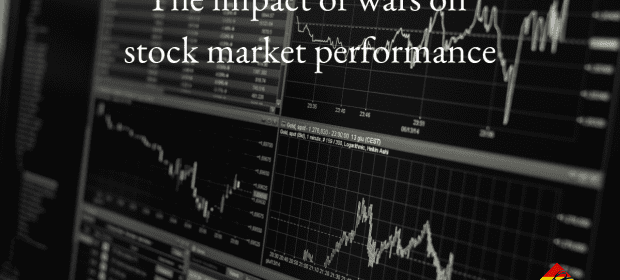The Russian invasion of Ukraine on the 24th February shocked the world and the brutal treatment of Ukrainians continues to instill horror and a feeling of helplessness. The world was beginning to breathe a collective sigh of relief about Covid’s impact diminishing, but now there is a new emergency threatening not just Ukraine but also the wider global community.
How it plays out is anyone’s guess and the purpose of this note is not to try to add to the comment and analysis we are reading every day, but to attempt to put into perspective how it has affected global stockmarkets, and hence people’s wealth. The major markets are indeed down compared with the end of December –
- FTSE100 -6.5%
- DowJones -9.7%
- NASDAQ -18%
- Eurostoxx -18.3%
(Note that the blue chip FTSE100 and DowJones indices have fallen less than 10%, whereas the tech-heavy NASDAQ has fallen much more, after its huge gains in the last couple of years. Europe is a lot closer to the war of course.)
But not all of these falls are due to the attack – markets had fallen already due to fears over increasing inflation, and a certain amount of profit-taking, but it’s true that from late-January the tension due to the increasing Russian rhetoric and the amassing of troops near the Ukrainian border was causing uncertainty, and that markets were becoming increasingly volatile. Most thought that the situation would be diffused – how could Putin possibly risk global stability by going ahead with his war?
Looking back two years, we all remember what we were doing as the first Covid restrictions were announced, back in late March 2020. Stock markets fell quickly. Between the highs of late January/early February of that year and the 20th March, the falls rivalled the crash in October 1987 –
- FTSE100 -32.4%
- DowJones -34.7%
- NASDAQ -29.3%
- Eurostoxx -33.7%
There followed a slow but steady recovery, with the UK and Europe generally restoring all the lost ground since then by the end of 2021, US blue chip companies gaining much more and the NASDAQ, with its tech-laden businesses, peaking at 233% higher than 20.3.20.





